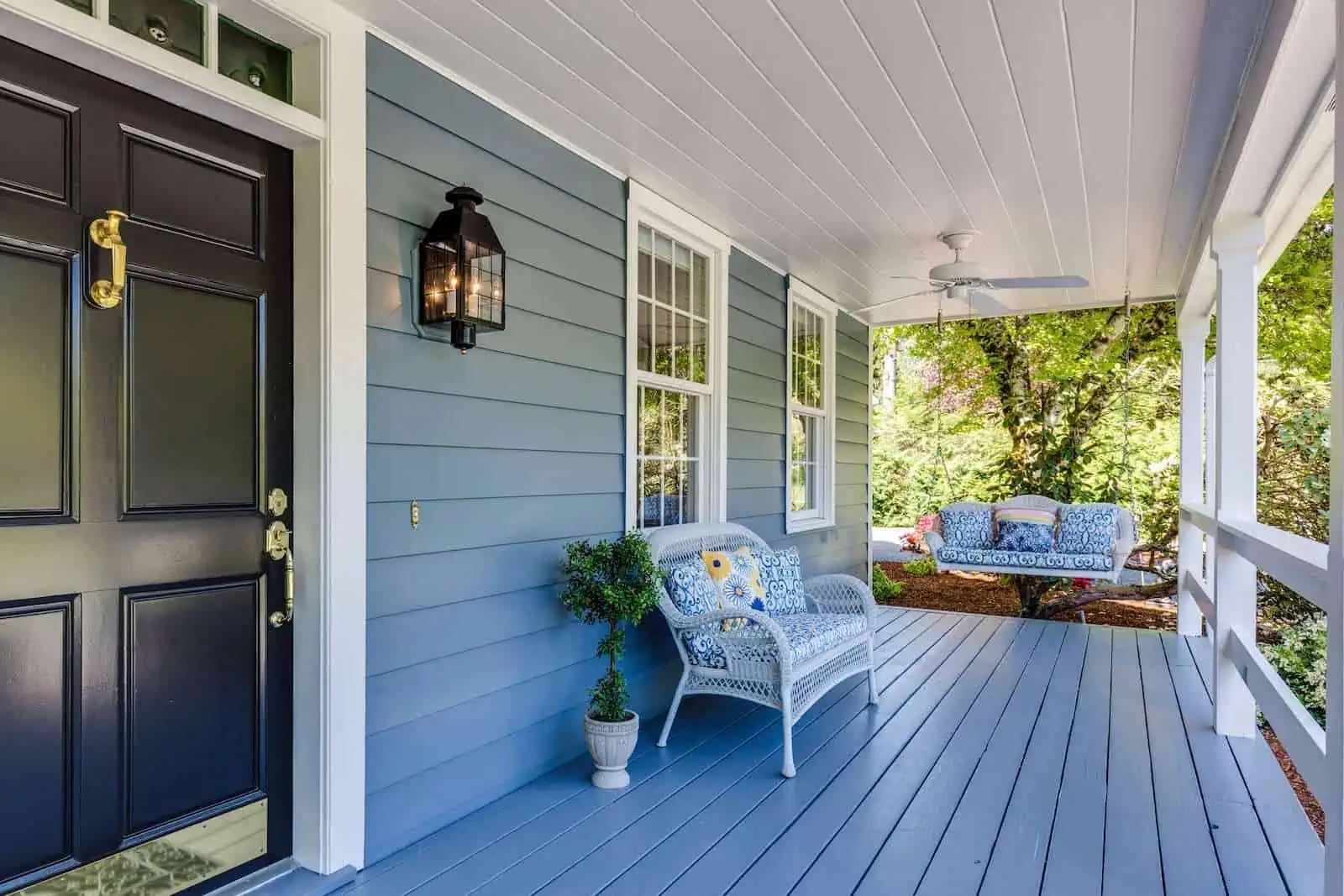According to a survey of economists conducted by Bloomberg in December 2022, there is a 70% probability that the US economy will enter a recession in 2023.
A recession is a period of economic decline characterized by a decrease in gross domestic product (GDP), trade, employment, income, etc., typically lasting several months to a year or more.
Since the Great Depression of the 1930s, which is regarded as the worst recession in US history and had a profound impact on the US and global economy, causing widespread unemployment, poverty, and homelessness, the U.S. has gone through several recessions. The most recent recessions were in 2001 and 2008.
Our years of real estate experience and historical data allow us to assert with confidence that drops in home values frequently occur during economic downturns. For example, during the Great Depression, home values fell by up to 67%, and during the 2008 financial crisis – the worst economic disaster to hit the U.S. since the Great Depression – the real estate market crashed, with home prices falling by 20%+.
If there is a recession in 2023, however, it is unlikely that home prices will fall as substantially as they did during the Great Depression or the 2008 financial crisis, also commonly referred to as the Great Recession.

According to economic experts, home values will decline by 2-4%, which is the range by which property values often decline during recessions.
Why Do House Prices Go Down in a Recession?
Real estate prices are constantly determined by supply and demand.
Several things that happen during a recession have an impact on these two factors, which results in a reduction in home prices, including:
-
Rising Unemployment
Many people lose their jobs during a recession, and fewer job opportunities become available, which raises the unemployment rate. For example, one in five workers lost their job when the 2008 recession started.
People are less inclined to buy a home when they lose their jobs or are dealing with job insecurity, which lowers the demand for housing.
Mortgage payments are also challenging to keep up with for unemployed people, which frequently results in foreclosures. During the Great Recession, over six million Americans had their homes foreclosed.
Many homeowners who have lost their jobs or are in danger of losing them also often chose to list their houses for sale to raise the cash necessary to help them weather a financial crisis.
The increase in the supply of homes for sale, combined with reduced demand, can result in a decrease in house prices. This is due to the fact that a home will take a lot longer to sell when there are fewer buyers, and sellers will likely accept less money than their listing price.
-
Scarcity of Mortgages
The majority of lenders often have stricter mortgage lending standards during a recession since there are more job losses.
They’ll only provide mortgages to prospective house purchasers who have very good credit scores, more secure jobs, make larger down payments, etc., in order to reduce their risk.
As a result, many people find it more difficult to qualify for mortgages and other types of finance, which keeps them out of the real estate market and further lowers housing demand.
Home sellers likely won’t have several offers or bidding wars for their properties any longer because there won’t be as many buyers vying for the available homes on the market. The price of homes may decline as a result.
-
Low Consumer Confidence
Consumer confidence is a measure of how optimistic consumers are about the state of the economy and their financial well-being.
It is usually evaluated by surveys, which gauge consumer willingness to make investments and purchases.
Lower levels can signal a slowdown in spending and potential economic challenges, while high consumer confidence is linked to increased consumption, which can fuel economic growth.
During a recession, it is obvious that consumer confidence tends to drop. As a result, consumers become more thrifty out of concern for their financial stability and job security, postpone big purchases like buying a house, and generally become more cautious with their finances.
Once more, the drop in demand for property results in lower prices because there will likely be more houses for sale and fewer buyers.
Should You Buy a Home During a Recession?
A recession can be a wonderful time to buy a property if it has no negative effects on your finances or if you can qualify for a mortgage.
One of the main benefits of buying a home during an economic downturn is that there will be a surplus of homes on the market, giving you more property options to view. Additionally, there will be less competition for homes available, and sellers will be more open to price negotiations at this time, providing you with an opportunity to get a good deal on your dream home.
When there is a recession, the Federal Reserve frequently lowers interest rates to boost the economy, which might lead to you getting a favorable rate if you’re taking a home loan.
However, financial gurus advise that you try to maintain liquidity during times when the outlook for the economy is uncertain. Therefore, buying a home during a recession may not be the best decision.
Do Rent Prices Go Down in a Recession?
Rental prices typically do the reverse of home purchase prices during recessions: they either stay the same or go up. For instance, the 2008 recession led to an increase in rent prices.
The reason why rent prices don’t go down is because there is still a high demand for affordable rental homes from a variety of people, including many homeowners who have been pushed to rent due to foreclosure on their homes and lots of potential home buyers who are also forced to continue renting after they lost their jobs or didn’t qualify for a mortgage.
Homebuyers of Pittsburgh: #1 Professional Home Buyer in Pittsburgh
Don’t let the uncertainty of a recession keep you from selling your home. Our team at Homebuyers of Pittsburgh is here to help.
With years of experience navigating tough real estate markets, we have the expertise to get you the best possible price for your property. To arrange a consultation to learn more about how we can assist you in selling your home regardless of the state of the real estate market, call us at 412-444-8914 or send an email to info@urbanpgh.com now!









